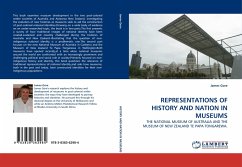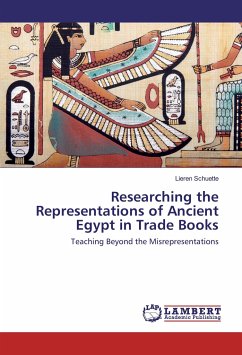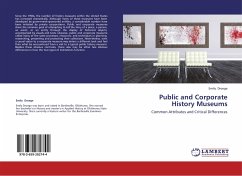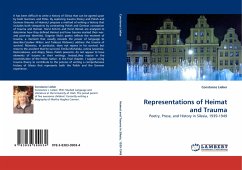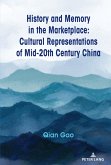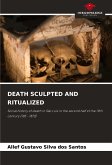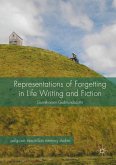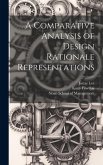This book examines museum development in the two post-colonial settler societies of Australia and Aotearoa New Zealand, investigating the evolution of new histories as museums seek to aid the construction of post-colonial national identities.Drawing on a wide body of evidence on an under-researched topic, the book is in two parts.The first presents a survey of how traditional images of national identity have been created,sustained and recently challenged during the histories of Australia and New Zealand illustrating that the question of non-indigenous national identity is a problematic one.The second part focuses on the new National Museum of Australia in Canberra and the Museum of New Zealand Te Papa Tongarewa in Wellington.Both museums have opened recently,at a time when national museums around the world are confronted with an increasingly prominent and challenging political and social role in society.Primarily focused on non-indigenous history and identity, this book questionsthe relevance of traditional representations of national identity,and asks how museums, both in the past and today, have constructed identities for their non-indigenous populations.
Bitte wählen Sie Ihr Anliegen aus.
Rechnungen
Retourenschein anfordern
Bestellstatus
Storno

